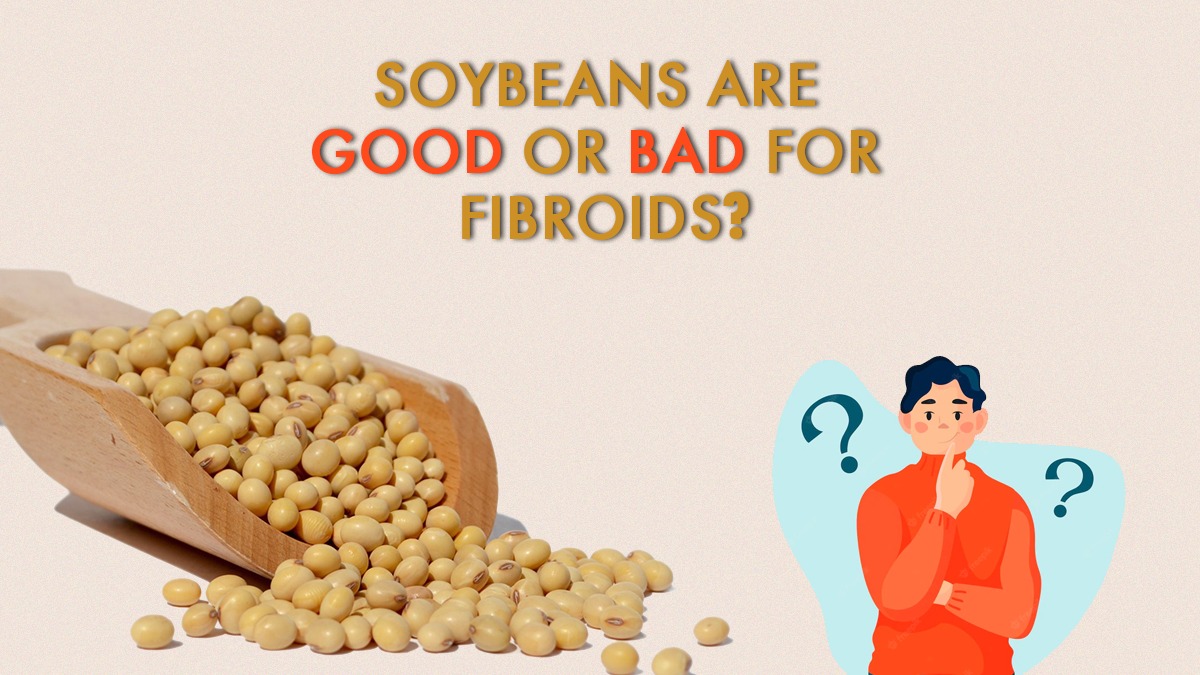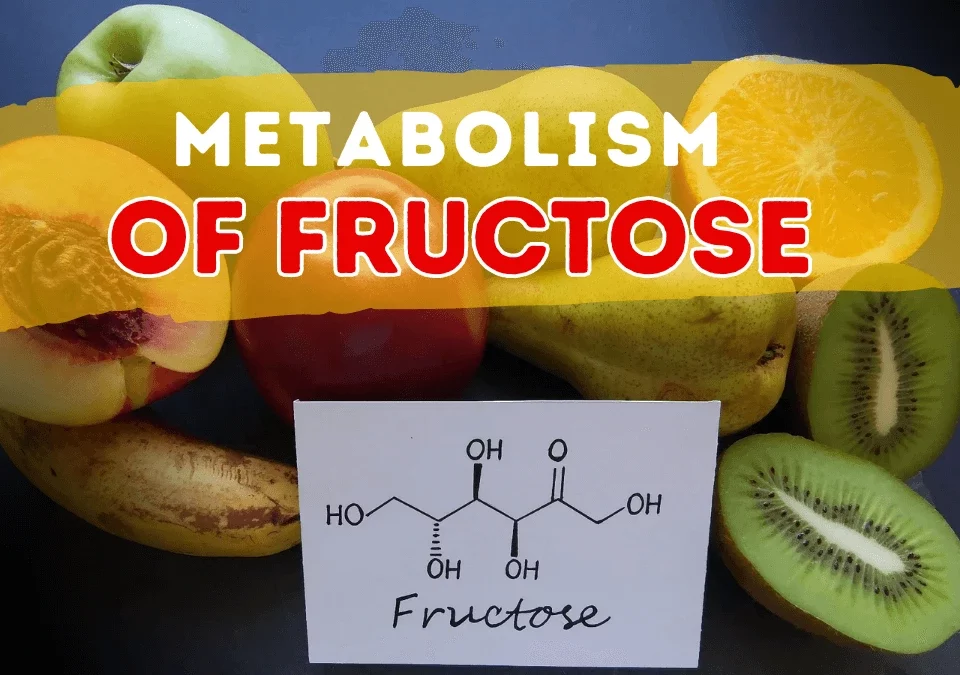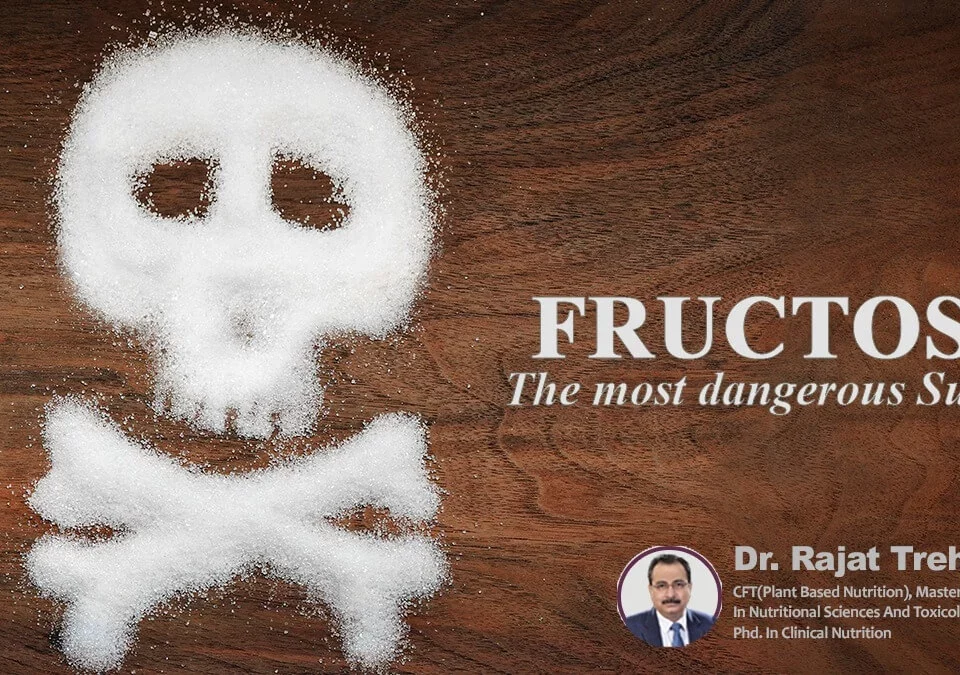Soybeans Good or Bad for Fibroids?

Reasons for high blood pressure & its cure
April 9, 2022
The Path to Reverse Diabetes Starts here.
April 23, 2022Soybeans Good or Bad for Fibroids?
The world is following one trend- fitness; and, for this trend, there comes yet another parallel trend of consuming Soy for protein intake. It is believed that Soy helps in an array of food and nutrition-related concerns and is a boon for fitness freaks and lactose-intolerant people. Scientifically called Glycine Max, the soya bean or soybean is a legume species native to East Asia that provides vegetable protein and serves as an ingredient for numerous chemical products. Loaded with high-quality protein, daily soy intake in a controlled or prescribed amount can benefit our health.
Soybean and soyfoods can also reduce the risk of various health concerns like Coronary Heart Disease, some cancers, strokes, cardiovascular diseases, and improving bone health. So, the facts mentioned earlier clearly suggest that soy milk is the best form of protein for the human body. However, as discussed initially, it is a milk substitute for lactose intolerant people or infants who have allergies to cow milk protein.
Now, here comes the catch. Soy has a close connection with estrogen. Though soybean is a substitute for milk protein, it contributes to Uterine Fibroids among women. As per a study, the women who had consumed soy formula as infants and had fibroids suffered from larger fibroids than those who had not. Specifically, their largest fibroid (also called Uterine Myoma is the non-cancerous growth in the uterus that can develop during a woman’s childbearing years) was 32 percent larger. Their total fibroid volume was 127 percent more. It concludes that soy consumption in early life can impact a developing uterus.
Soy and Uterine Fibroids: The Direct RelationshipSoy is closely related to estrogen, and so studies have been undertaken to understand the impact of Soy on women’s health, particularly uterine fibroids development. Soy contains plant estrogen called isoflavones. Isoflavones are the weaker form of estrogen found among people. Study takers are hopeful that isoflavones can protect people against hormonal diseases like breast cancer. The concern is that as uterine fibroids respond to estrogen and progesterone levels in women, Soy can make fibroids and their symptoms worse. So, a study was conducted on premenopausal adult women in China, Japan, and the United States, where it was concluded that soy intake did not impact or increase any symptoms of fibroids or occurrence of fibroids in these women. However, it was noted that it appeared that Soy might have a negative impact in infancy without causing problems in grown women.







